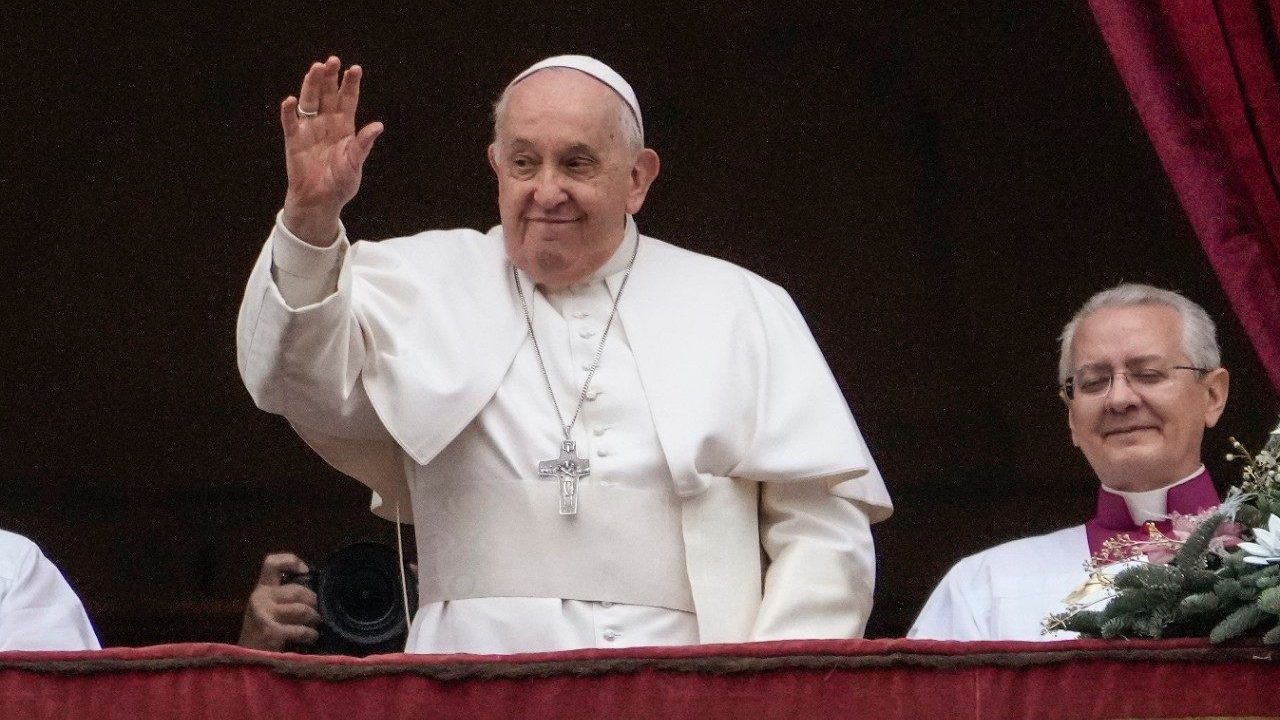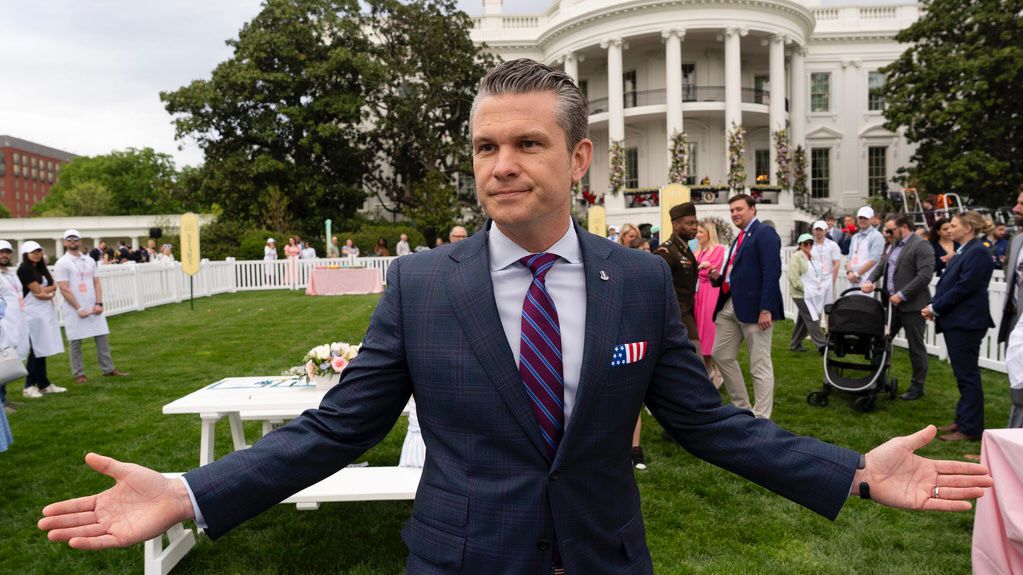LOS ANGELES — Social media is where she goes to share and get information, so it made sense that when Loren Piretra heard she was heading to the White House, she would announce it on social media, too.
In a video on TikTok, Piretra said, “Today, I got the coolest invitation of my entire life.” The invitation was to the White House Creator Economy Conference.
The conference on Wednesday is being held by the White House Office of Digital Strategy. It’s the first event of its kind and organizers promise to “foster conversation amongst leaders in the space and provide attendees with the opportunity to make their voices heard by Administration officials.”
Piretra has built her career in the content creator space, and today is chief marketing officer at the creator-based company FanFix. She said creators are people who make videos and post content online. They can make money from sponsorships, subscribers and brand deals. For many, it’s a full time lucrative job. But, she said, the role of creator or influencer is often not seen by people outside of the industry as a legitimate career.
“I think we see it all the time. Creator marketing creator economics is designed to look easy and effortless and funny and bite sized, and because of that, people are often inclined to minimize the impact and true power that the space holds,” she said.
But that may be changing as more data reveals that creators and influencers are becoming a significant part of the economy. According to research from Goldman Sachs, the creator economy is worth $250 billion globally.
In 2020, the U.S. advertisers spent $2.9 billion on influencer marketing. So far, this year over $7 billion has been spent. According to a study from YouTube and The Washington Post, 12% of all U.S. adults earn some money from digital content creation.
“We know gen-z is the first digitally native generation. They grew up with social and with phones. They were likely born into a hashtag or a handle, which is really powerful. They are inclined to gather information through short bits of information online. We know they are spending an enormous amount of time on TikTok and Insta. It’s important for the White House administration to meet people where they’re at,” Piretra said.
As Nov. 5 draws closer, politicians are ramping up their social media presences. Vice President Kamala Harris has joined TikTok. Sen. JD Vance also has been posting “to camera” videos on Instagram.
Social media consultant Lia Haberman, who is also attending the conference, said she hopes some of the conversation at the White House is about legitimizing creator work.
“Right now, there is no recognition, like you cannot put on your taxes that you are an influencer or creator. That does not exist currently. I think for the recognition for the protection, the overall perception that this is an actual career, this is an actual industry," Haberman said.
For Piretra, the conference is a sign that the government is already paying closer attention to the massive impact this emerging industry has.
“It’s a powerful signal that the creator economy is a force to be reckoned with,” she said.











